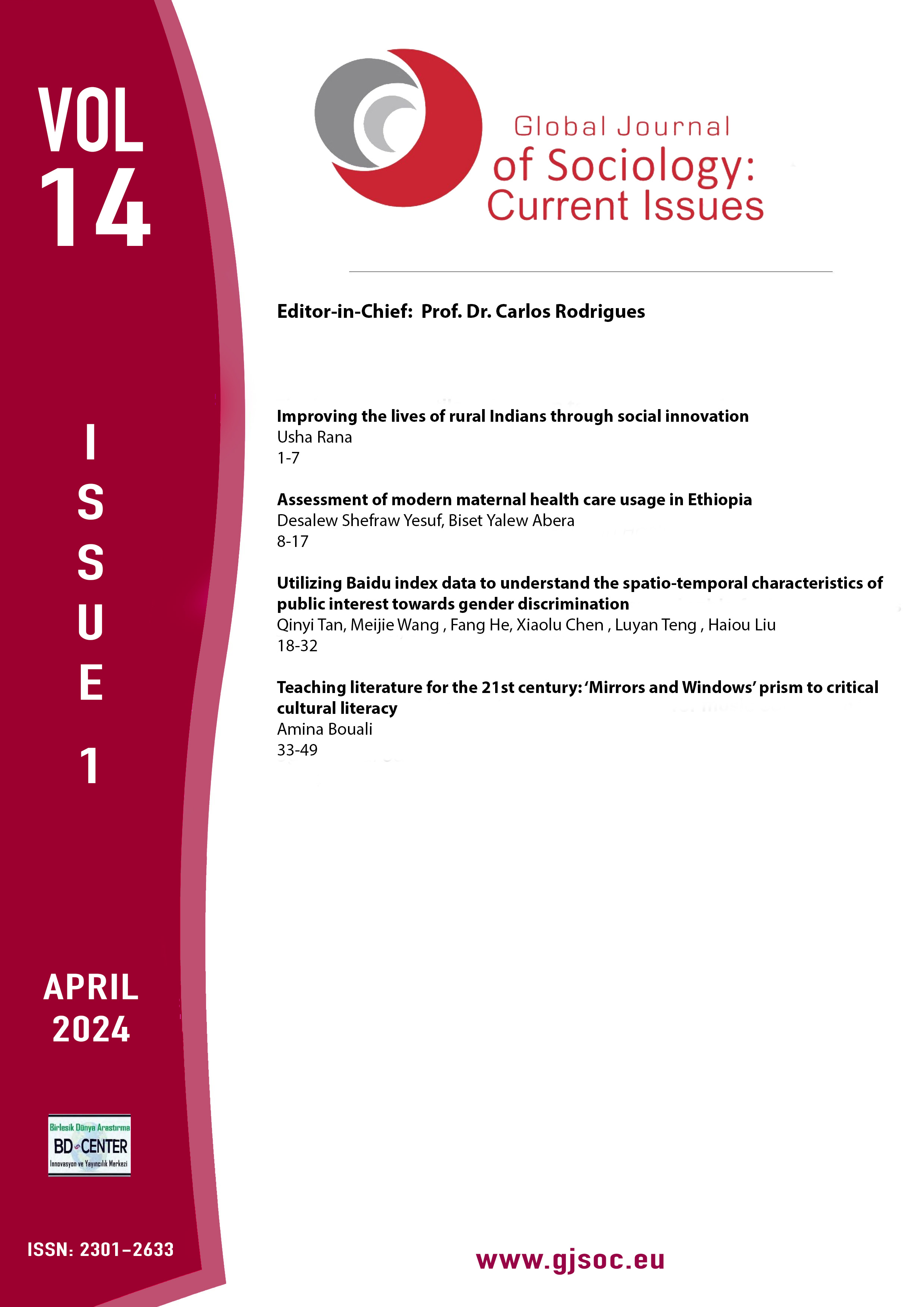Tactics, dimensions, outcomes, context, and stages of organizational socialization
Main Article Content
Abstract
A person gains the perspectives, abilities, and roles associated with a career that is required to be a member of that profession through professional socialization. Organizational socialization is the person's learning of the knowledge, values, and behaviors necessary to fill a certain role in the organization and the adaptation of the employees to their organizations and roles. This research aims to draw the framework of the field of organizational socialization and to model the organizational socialization process by explaining the concepts of organizational socialization tactics, proactive socialization tactics, organizational socialization dimensions, organizational socialization outputs, contextual factors affecting organizational socialization, and organizational socialization stages. Through a literature review, the current study has exhibited that the success of the organizational socialization process is highly related to and necessary for the realization of the objectives of the enterprises. The study also discusses the tactics, dimensions, outcomes, context, and stages of organizational socialization.
Keywords: Organizational socialization; organizational tactics; organizational dimensions; organizational stages.
Downloads
Article Details
- Authors retain copyright and grant the journal right of first publication with the work simultaneously licensed under a Creative Commons Attribution License that allows others to share the work with an acknowledgement of the work's authorship and initial publication in this journal.
- Authors are able to enter into separate, additional contractual arrangements for the non-exclusive distribution of the journal's published version of the work (e.g., post it to an institutional repository or publish it in a book), with an acknowledgement of its initial publication in this journal.
- Authors are permitted and encouraged to post their work online (e.g., in institutional repositories or on their website) prior to and during the submission process, as it can lead to productive exchanges, as well as earlier and greater citation of published work (See The Effect of Open Access).
